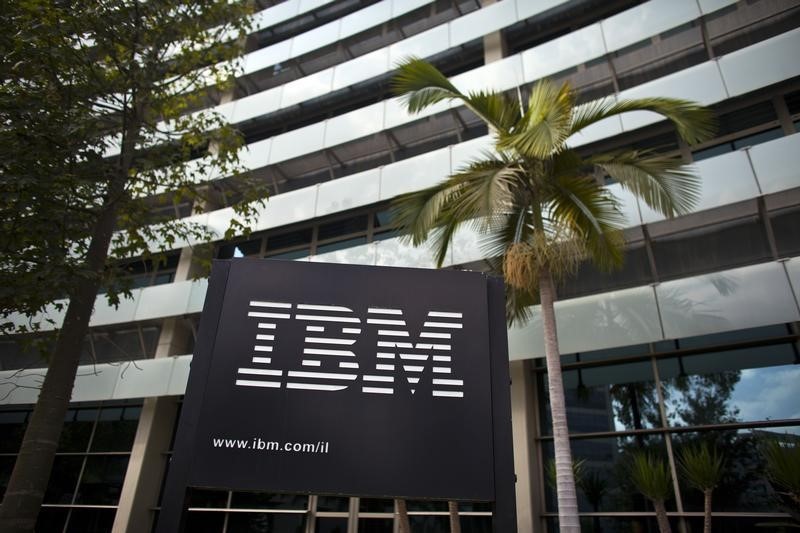Investing.com’s stocks of the week
In an effort to address rising concerns about data security, reliability, and legal implications associated with the use of generative artificial intelligence (A.I.), IBM (NYSE:IBM) has taken a competitive stance against A.I. technologies such as OpenAI's ChatGPT. The tech giant has pledged to safeguard businesses from intellectual property lawsuits tied to its generative A.I. and has taken the unusual step of disclosing its training data sets among commercial A.I. suppliers.
IBM assures its business clients that they will not encounter legal issues from using their new A.I. solutions, a protective measure that is also being adopted by other tech giants like Microsoft (NASDAQ:MSFT) and Adobe (NASDAQ:ADBE). These companies are shouldering legal risks for their customers, showcasing a growing trend in the tech industry to ensure customer confidence and security in the use of A.I.
IBM's strategy includes the application of what it refers to as "IBM's open models." These models are tailored for businesses and feature "business data," which Patrick Moorhead of Moor Insights & Strategy says aligns with the business market trajectory for generative A.I.
IBM's Senior Vice President for software, Rob Thomas, emphasized the importance of accuracy in these models, highlighting their potential benefits in various sectors such as customer service, automated back-office tasks, and as digital assistants for writing code.
Other A.I. services in the market include Google’s Bard, Microsoft’s Copilots, and Adobe Firefly. However, IBM's commitment to protecting its clients from legal ramifications tied to the use of its A.I. sets it apart in an increasingly competitive field.
This article was generated with the support of AI and reviewed by an editor. For more information see our T&C.
